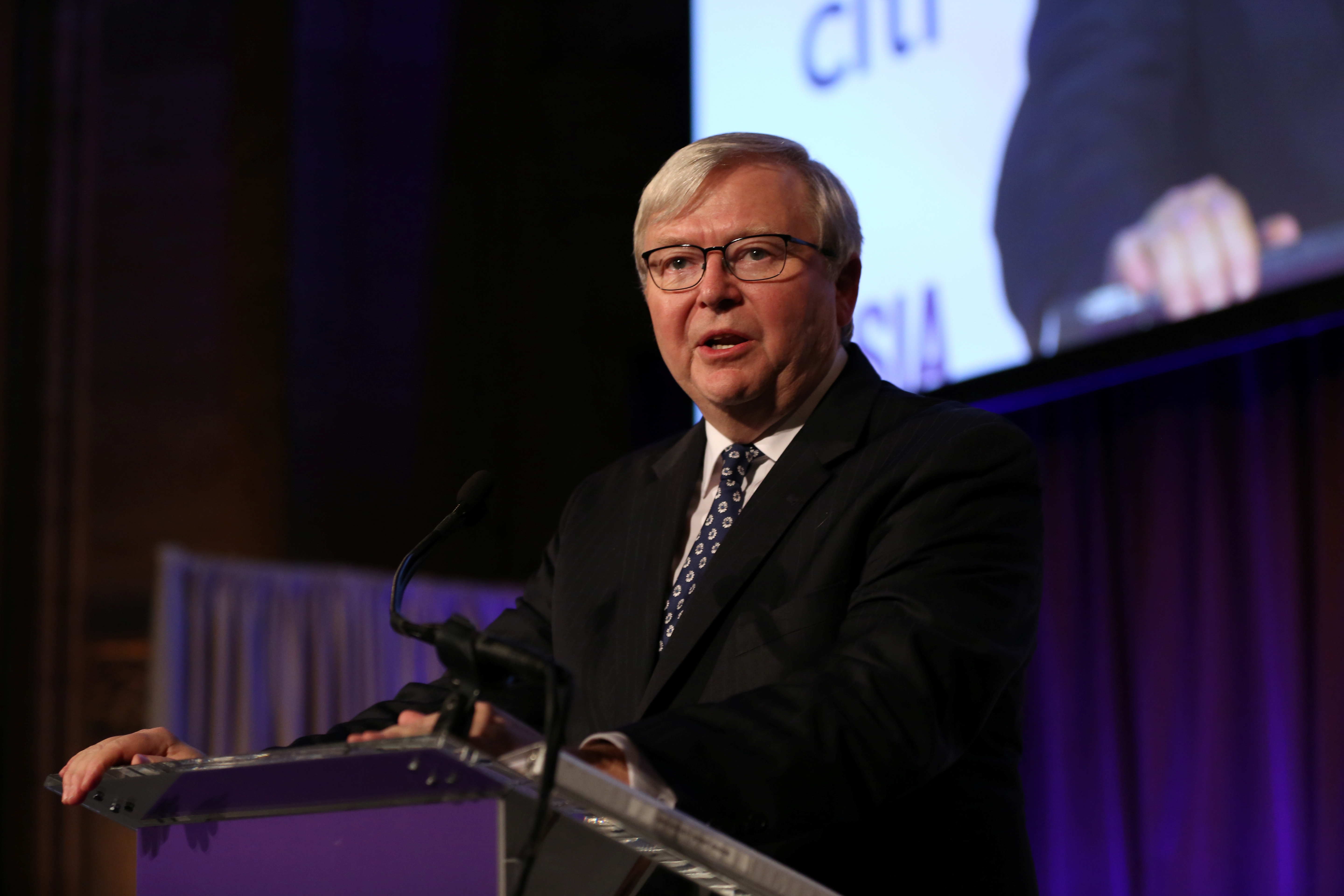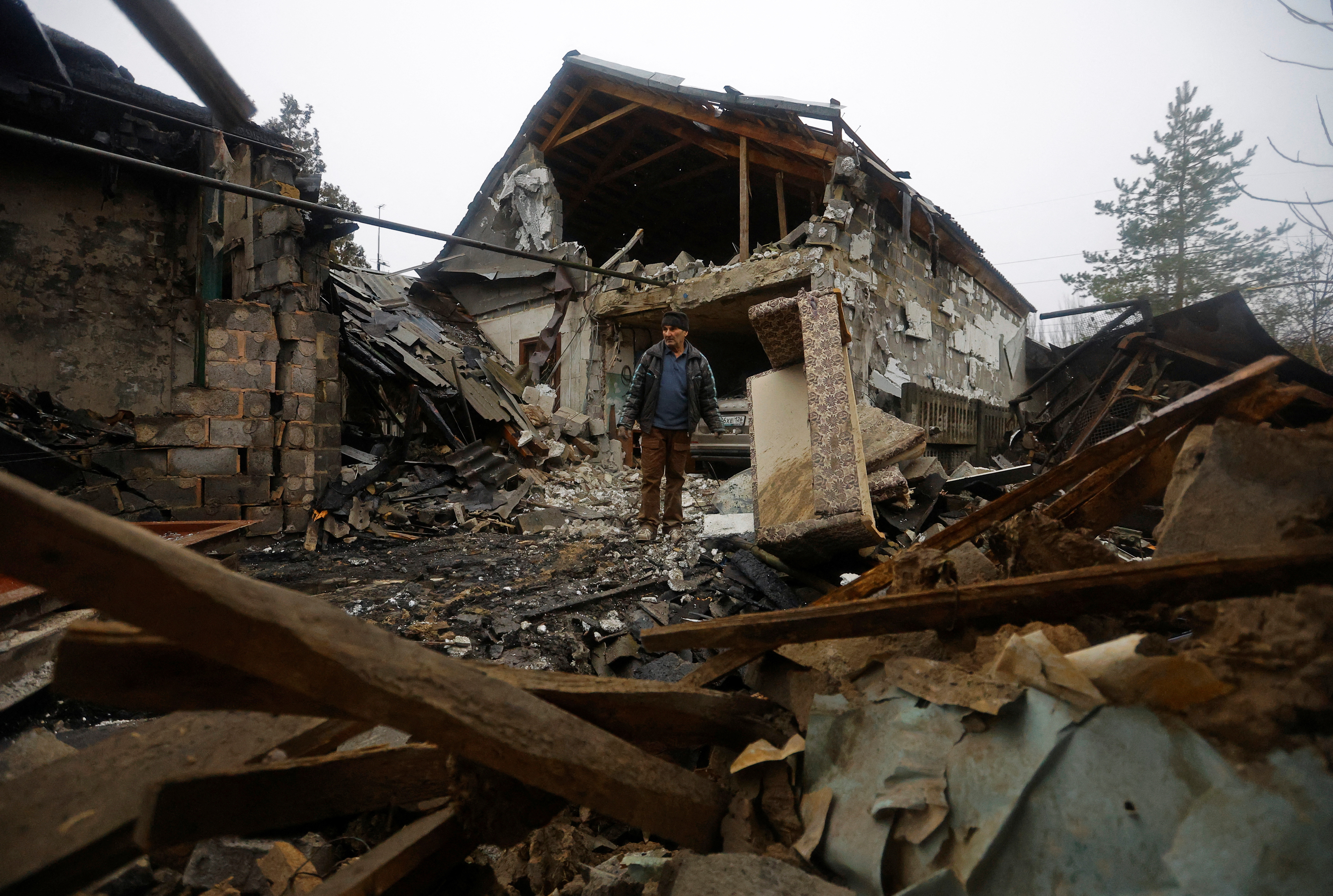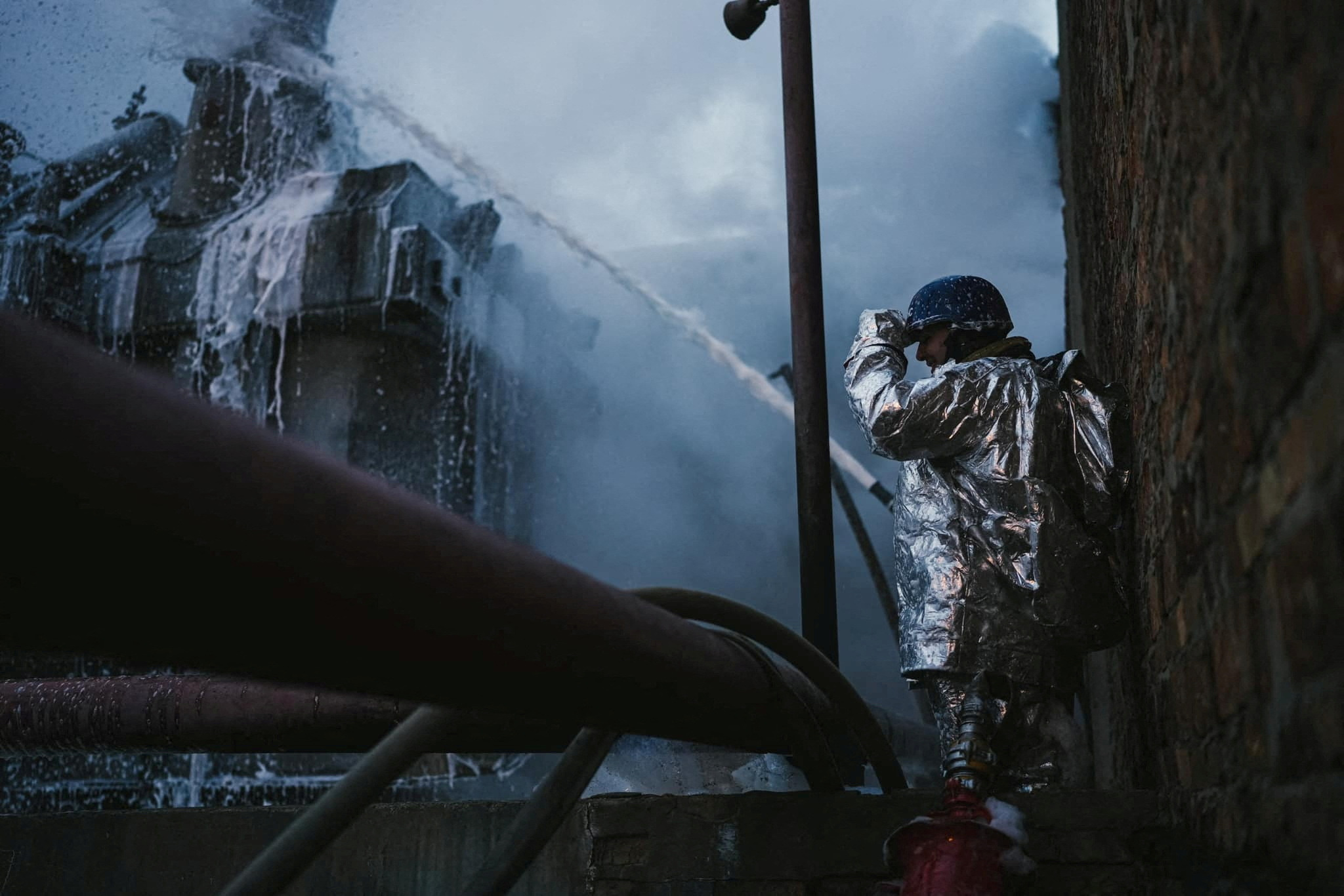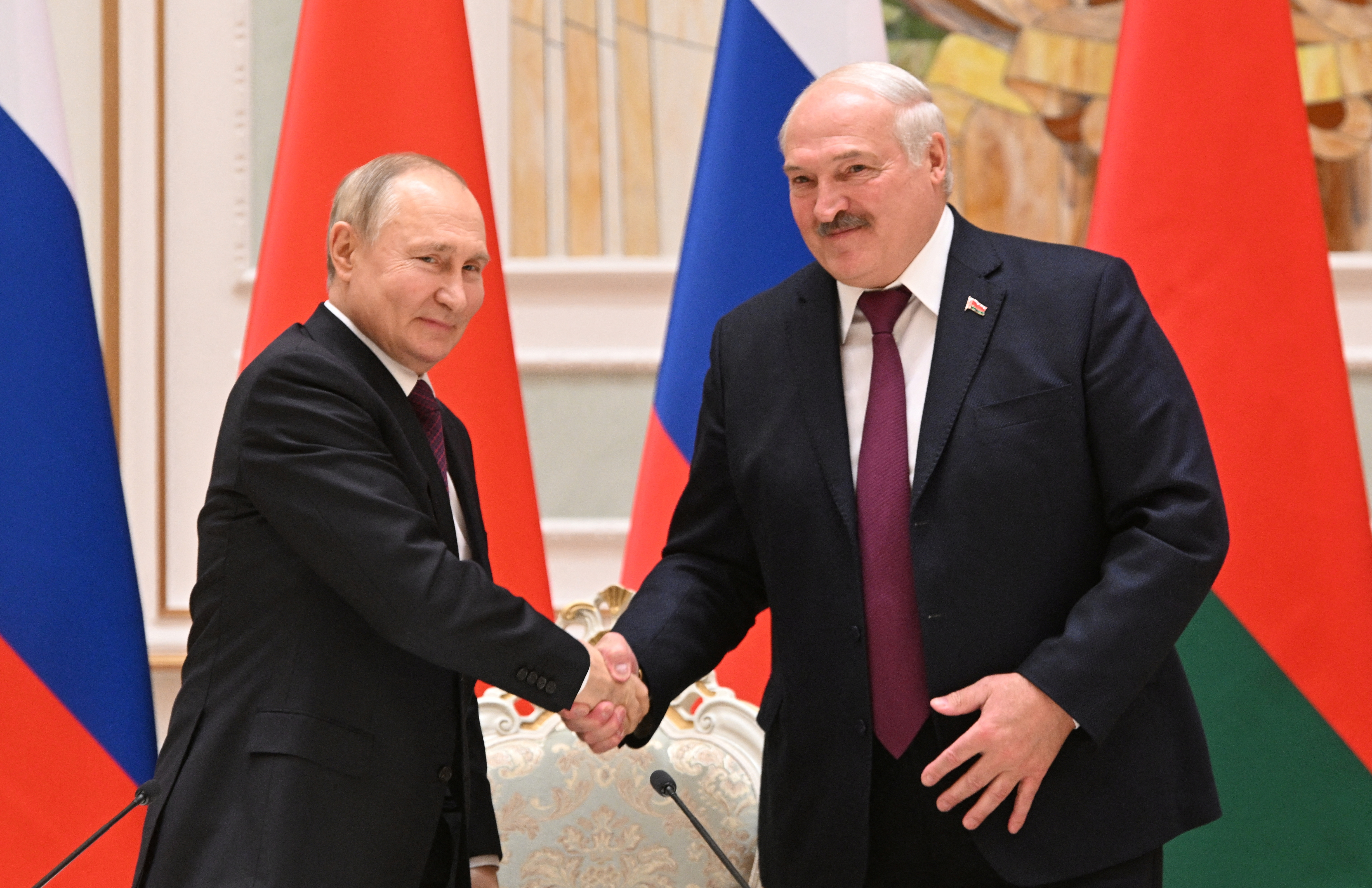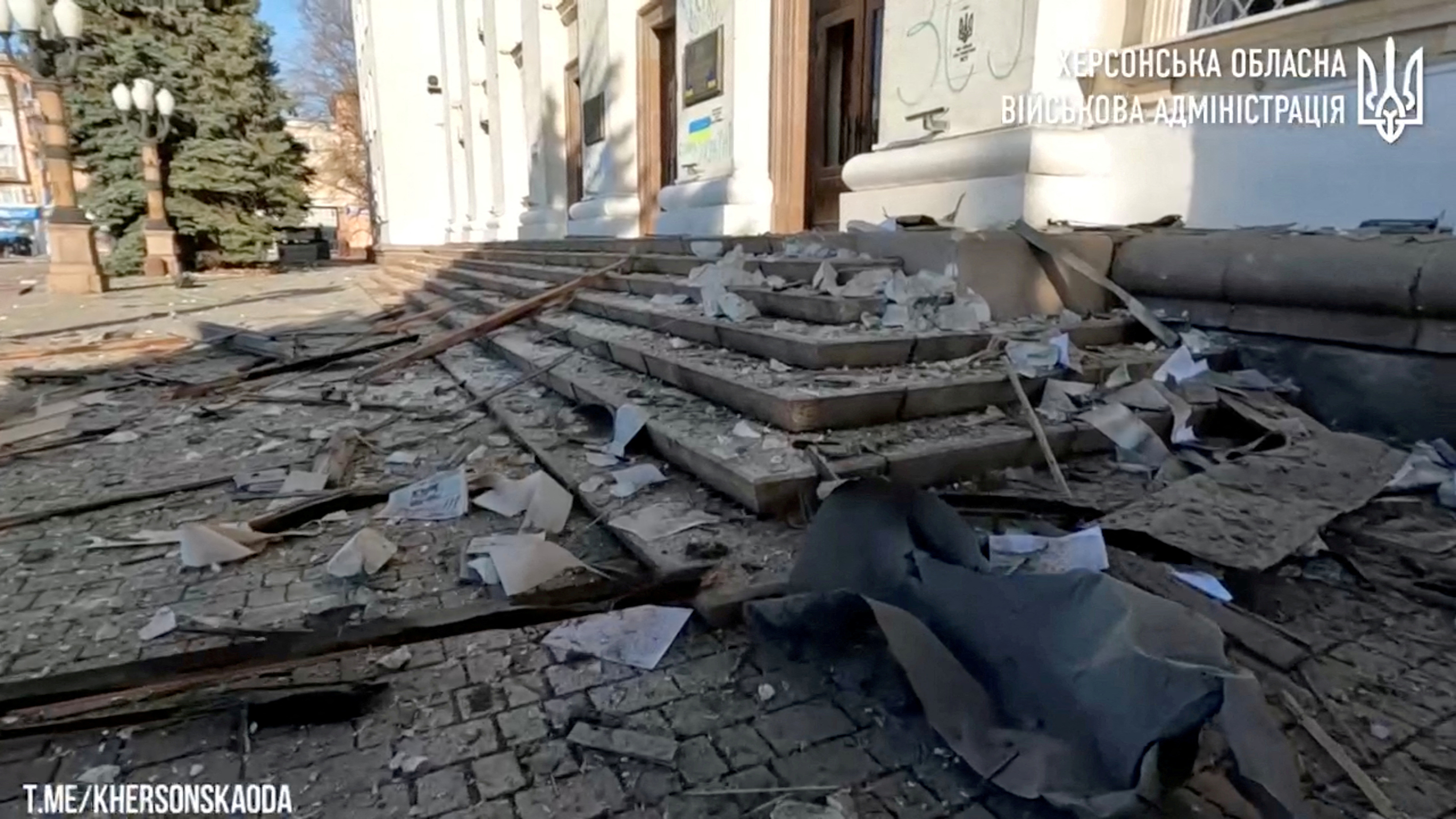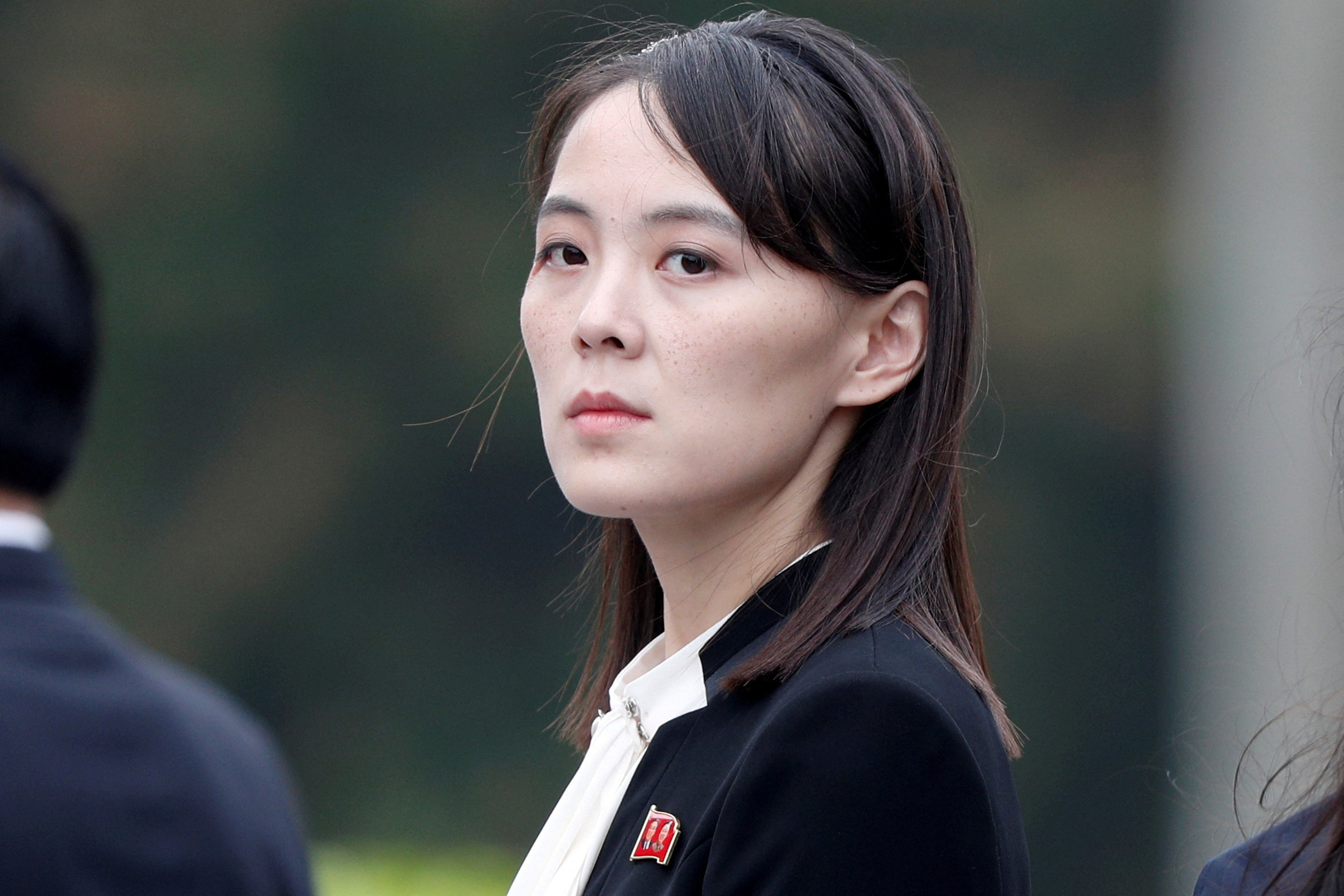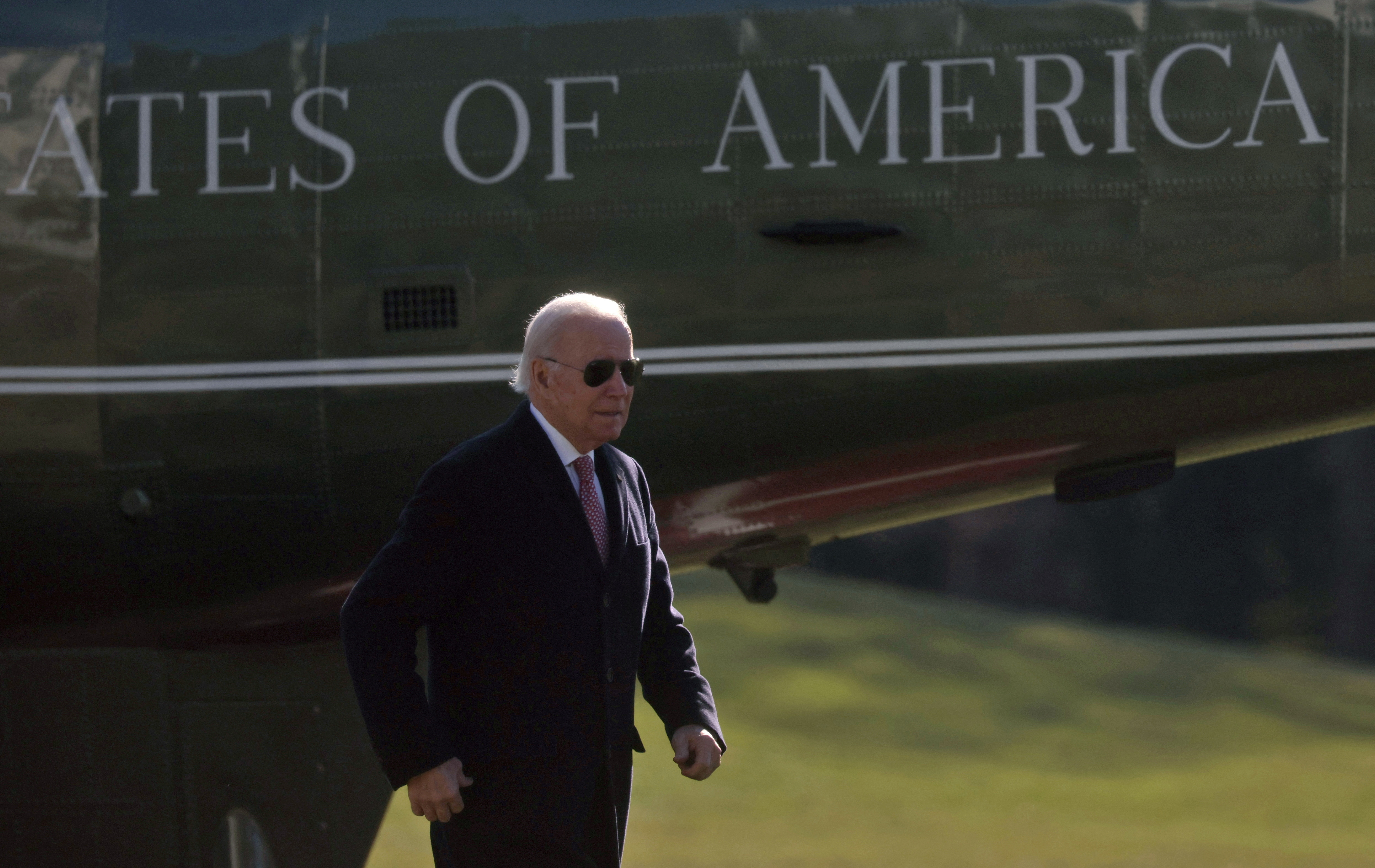2022-12-20T00:42:24Z
A United Nations summit approved on Monday (December 19) a landmark global deal to protect nature and direct billions of dollars toward conservation despite “formal opposition” from the Democratic Republic of Congo, which cited concerns about developed nations’ responsibility to fund conservation in developing countries.
A United Nations summit approved on Monday a landmark global deal to protect nature and direct billions of dollars toward conservation but objections from key African nations, home to large tracts of tropical rainforest, held up its final passage.
The Kunming-Montreal Global Biodiversity Framework, reflecting the joint leadership of China and Canada, is the culmination of four years of work toward creating an agreement to guide global conservation efforts through 2030.
The countries attending the U.N.-backed COP15 biodiversity conference had been negotiating a text proposed on Sunday and talks addressing the finer points of the deal dragged on until Monday morning.
Delegates were able to build consensus around the deal’s most ambitious target of protecting 30% of the world’s land and seas by the decade’s end, a goal known as 30-by-30.
“We have huge achievements in this text now,” EU Environment Commissioner Virginijus Sinkevicius told reporters after the deal passed. “It was huge effort to find the landing zone and get everyone on board.”
Another negotiator said he thought it was a balanced agreement but that “a good deal always leaves everyone somewhat unhappy.”
Canada Environment and Climate Change Minister Steven Guilbeault called the agreement “a major win for our planet and for all of humanity, charting a new course away from the relentless destruction of habitats and species.”
The deal also directs countries to allocate $200 billion per year for biodiversity initiatives from both public and private sectors.
Developed countries will provide $25 billion in annual funding starting in 2025 and $30 billion per year by 2030.
The agreement, which contains 23 targets in total, replaces the 2010 Aichi Biodiversity Targets that were intended to guide conservation through 2020. None of those goals were achieved, and no single country met all 20 of the Aichi targets.
“Governments have chosen the right side of history in Montreal,” said World Wildlife Fund International Director General Marco Lambertini.
Unlike Aichi, this deal contains more quantifiable targets — such as reducing harmful subsidies given to industry by at least $500 billion per year — that should make it easier to track and report progress.
But the agreement “can be undermined by slow implementation and failure to mobilize the promised resources,” said Lambertini. “It also lacks a mandatory ratcheting mechanism that will hold governments accountable to increase action if targets are not met.”
More than 1 million species could vanish by the century’s end, from plants to insects, in what scientists have called a sixth mass-extinction event. As much as 40% of the world’s land has been degraded, and wildlife population sizes have shrunk dramatically since 1970.
Investment firms focused on a target in the deal recommending that companies analyse and report how their operations affect and are affected by biodiversity issues.
The parties agreed to large companies and financial institutions being subject to requirements to make disclosures regarding their operations, supply chains and portfolios – but the word “mandatory” was dropped from previous drafts.
“We think this is something that is going to push the financial sector to step up,” said Ingrid Kukuljan, head of impact and sustainable investing at fund manager Federated Hermes.
“This time around we actually need implementation …. we are facing an unprecedented rate of decline,” she said.
Division over how to fund conservation efforts in developing countries led to fiery negotiations at the end.
With China holding the COP15 presidency, Minister of Ecology and Environment Huang Runqiu appeared to disregard objections from the delegation of the Democratic Republic of Congo on Monday, declaring the deal passed minutes after they said they were not able to support it.
A Congolese representative argued that developed nations should create a separate fund to help support conservation efforts in developing countries.
DRC is the second-largest tropical forested country in the world and home to the greatest extent of African tropical rainforest, giving it a crucial role in the future of the planet’s biodiversity.
Huang declared shortly after 3:30 a.m. (0830 GMT) that the deal was agreed, drawing outrage from other African delegates.
A representative from Cameroon said through a translator that the agreement was passed by force of hand. Another from Uganda invoked a “coup d’etat”.
However, at a second meeting Monday evening, the DRC appeared to walk back its outright objection, downgrading them to “reservations” on financing and resource mobilization.
“We’d like to have this clearly placed on record,” said DRC Environment Minister Eve Bazaiba. “I would like to reiterate our readiness to participate in any process of negotiations until COP16. We do hope our voice will be heard”.
The DRC statement followed a 30-minute huddle of roughly a dozen members of delegations from Brazil, Indonesia and the DRC – the world’s three most rainforest-rich nations – witnessed by Reuters.
Brazil ultimately helped to broker a solution, with the support of Indonesia, “whereby no questions would be left regarding the legality of the approval of the (deal),” a negotiator said. “There are no longer grounds to question the legality and legitimacy of the agreement.”
Minister Huang highlighted the DRC’s important influence in global biodiversity governance and thanked the country for its support.
Related Galleries:

The leadership of the U.N.-backed COP15 biodiversity conference applaud after passing the The Kunming-Montreal Global Biodiversity Framework in Montreal, Quebec, Canada December 19, 2022. Julian Haber/UN Biodiversity/Handout via REUTERS
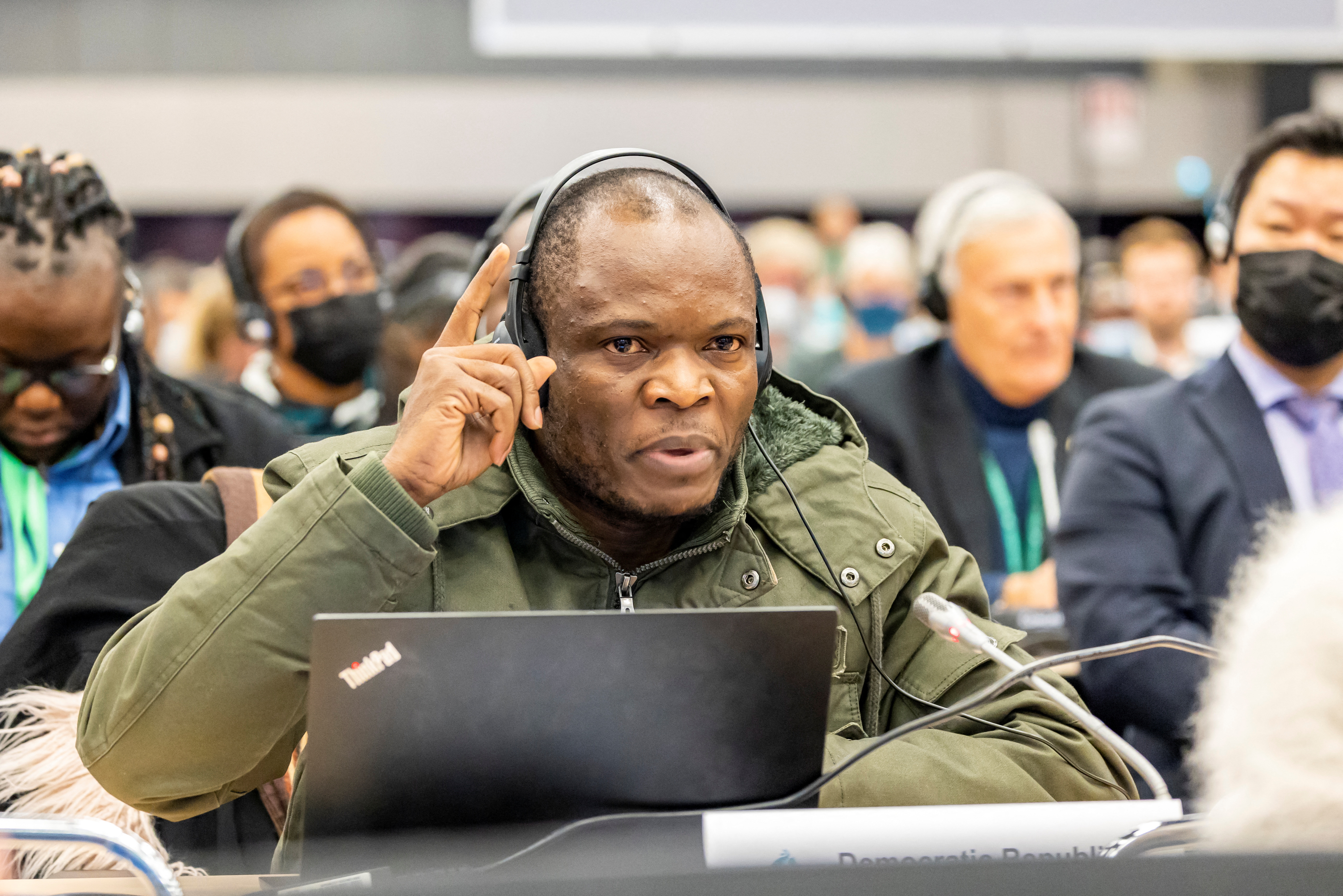
A representative from the Democratic Republic of Congo voices objections to The Kunming-Montreal Global Biodiversity Framework before it was passed by the president of the U.N.-backed COP15 biodiversity conference, China’s Minister of Ecology and Environment Huang Runqiu, in Montreal, Quebec, Canada December 19, 2022. Julian Haber/UN Biodiversity/Handout via REUTERS

The president of the U.N.-backed COP15 biodiversity conference, China’s Minister of Ecology and Environment Huang Runqiu, lowers the gavel to pass the The Kunming-Montreal Global Biodiversity Framework in Montreal, Quebec, Canada December 19, 2022. Julian Haber/UN Biodiversity/Handout via REUTERS
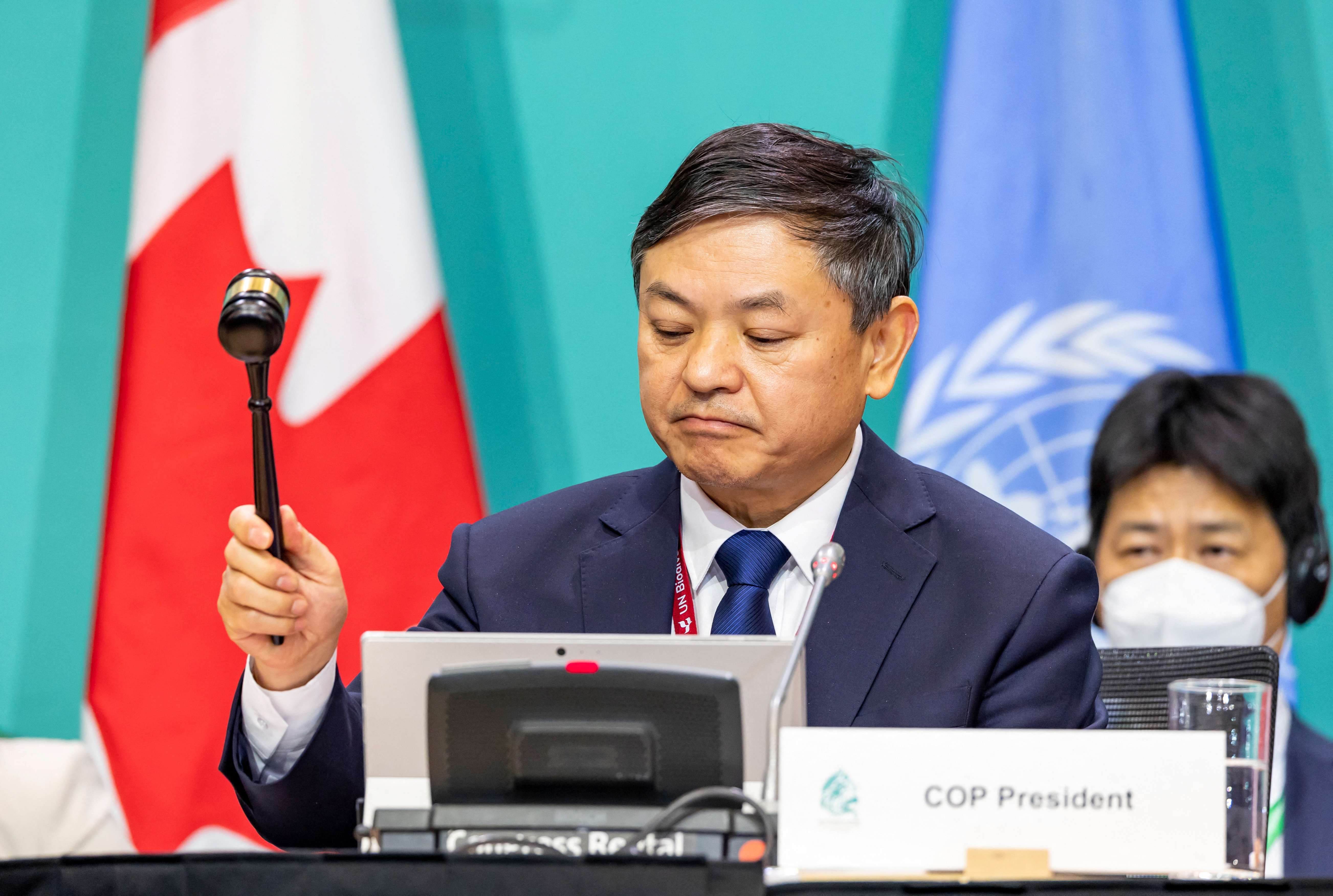
The president of the U.N.-backed COP15 biodiversity conference, China’s Minister of Ecology and Environment Huang Runqiu, lowers the gavel to pass the The Kunming-Montreal Global Biodiversity Framework in Montreal, Quebec, Canada December 19, 2022. Julian Haber/UN Biodiversity/Handout via REUTERS

A member of Mexico’s delegation reacts after The Kunming-Montreal Global Biodiversity Framework was passed by the president of the U.N.-backed COP15 biodiversity conference, China’s Minister of Ecology and Environment Huang Runqiu, in Montreal, Quebec, Canada December 19, 2022. Eric G. Gagnon/UN Biodiversity/Handout via REUTERS
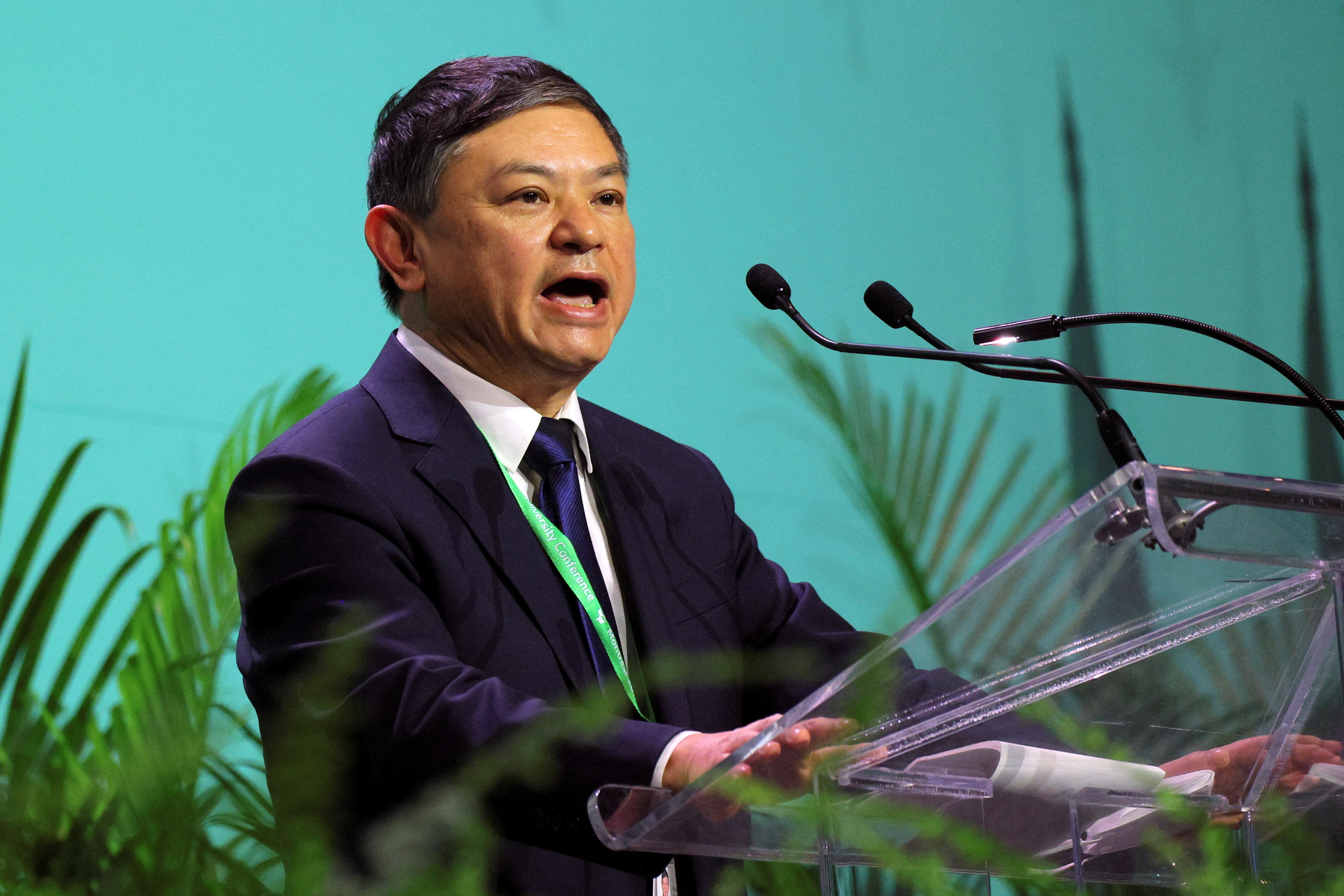
China’s Minister of Ecology and Environment, Huang Runqiu delivers a speech during the opening of COP15, the two-week U.N. Biodiversity summit, in Montreal, Quebec, Canada December 6, 2022. REUTERS/Christinne Muschi/File Photo
![]()
![]()
![]()
![]()
![]()
![]()
![]()
![]()
![]()
![]()
![]()







